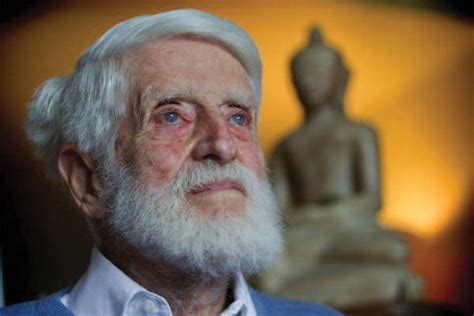A Quote by Yamamoto Tsunetomo
There is nothing we should be quite so grateful for as the last line of the poem that goes, 'When your own heart asks.
Related Quotes
It was early on in 1965 when I wrote some of my first poems. I sent a poem to 'Harper's' magazine because they paid a dollar a line. I had an eighteen-line poem, and just as I was putting it into the envelope, I stopped and decided to make it a thirty-six-line poem. It seemed like the poem came back the next day: no letter, nothing.
I think what gets a poem going is an initiating line. Sometimes a first line will occur, and it goes nowhere; but other times - and this, I think, is a sense you develop - I can tell that the line wants to continue. If it does, I can feel a sense of momentum - the poem finds a reason for continuing.
This is what you should do: love the earth and sun and the animals, despise riches, give alms to everyone that asks, stand up for the stupid and crazy, devote your income and labor to others, hate tyrants, argue not concerning God, have patience and indulgence toward the people, take off your hat to nothing known or unknown or to any man or number of men ... re-examine all you have been told at school or church or in any book, dismiss what insults your own soul, and your very flesh shall be a great poem.
The question is grateful to who? You would think grateful to Allah, but Allah didn’t mention Himself. So it could be grateful to Allah, grateful to your parents, grateful to your teachers, grateful for your health, grateful to friends. Grateful to anyone who’s done anything for you. Grateful to your employer for giving you a job. Appreciative. Grateful is not just an act of saying Alhamdulilah. Grateful is an attitude, it’s a lifestyle, it’s a way of thinking. You’re constantly grateful.
Social media's currency is the single photograph. Whereas, every time I look at a photograph, I look at twenty or thirty photographs. I'm looking for a narrative. And that's a different kind of construct. If you're a poet and you put a line from your poem online, "The trees bending over gracefully," or something, you can get a tick. But that has nothing to do with your longer poem.



































